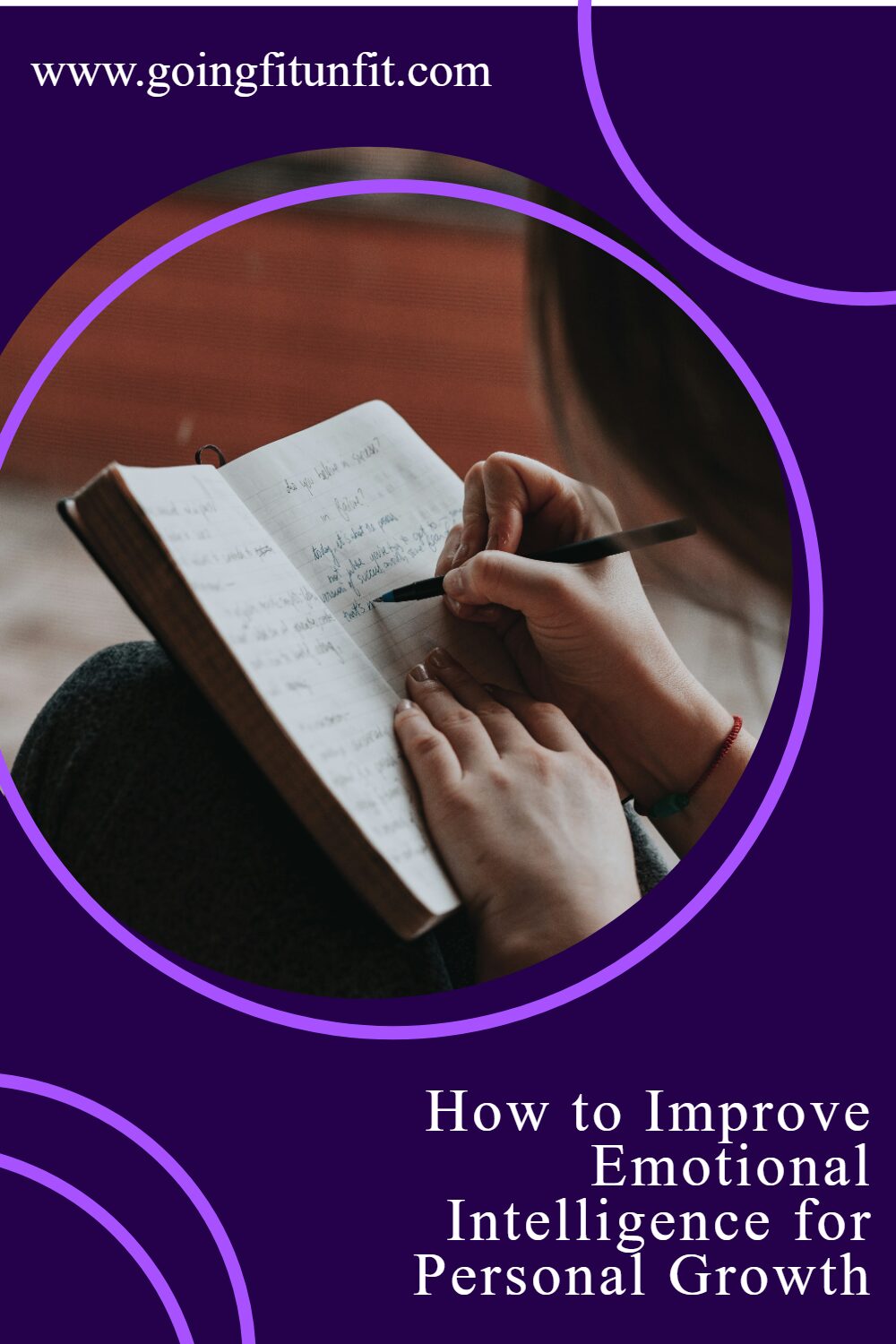
We all want to grow—to feel better about ourselves, build healthy relationships, and live a more meaningful life. While skills, knowledge, and hard work are important, there’s something else that acts like an internal compass on this journey: emotional intelligence.
Emotional intelligence helps you understand your feelings, respond to others with care, and stay calm when life throws curveballs. In this article, we’ll explore what it really means, why it matters, and how you can improve it in everyday life.
What Is Emotional Intelligence and Why Does It Matter?
Emotional intelligence is your ability to recognize, understand, manage, and use emotions—both your own and others’. Think of it as the operating system for your inner world.
Psychologist Daniel Goleman, who brought this concept into the mainstream in the 1990s, breaks it down into five core areas:
- Self-awareness – knowing your emotions and how they affect you
- Self-regulation – controlling your emotional reactions
- Motivation – using emotions to stay focused and driven
- Empathy – understanding the emotions of others
- Social skills – managing relationships and communication
Unlike IQ, emotional intelligence isn’t fixed. Research suggests you can improve it over time with awareness and practice. It’s less like eye color and more like a muscle—the more you work it, the stronger it becomes.
Bottom line: Emotional intelligence is a flexible skill that grows stronger with practice.
How Does It Build Stronger Relationships?
People with high emotional intelligence are better at listening, resolving conflicts, and understanding different points of view. They don’t just hear words—they tune into the emotions beneath them.
Emotional intelligence plays a significant role in maintaining satisfying relationships. When you understand your emotions, you respond instead of react. You listen without judgment. You can express your needs without hurting others. All of this builds trust and connection, like slowly adding bricks to a foundation that can weather any storm.
Real-life example: Imagine your partner forgets an important date. With low emotional intelligence, you might lash out or give them the silent treatment. With high emotional intelligence, you pause, recognize your disappointment, and say calmly, “I felt hurt when you forgot. Can we talk about what happened?”
That one shift—from reaction to response—changes everything.
The takeaway: High emotional intelligence transforms conflict into opportunities for connection and mutual understanding.
Why Self-Awareness Matters So Much

Self-awareness is where everything begins. It helps you reflect on your thoughts, feelings, and actions—like finally seeing the map after wandering aimlessly through unfamiliar terrain. When you become more aware of your emotional triggers, you can make better choices.
For example, if you often feel anger bubbling up when things go wrong, self-awareness helps you pause and ask, “What’s really bothering me?” That moment of reflection can shift your response from reaction to wisdom, from autopilot to intentional action.
A tool that’s helped me: The “5 Whys” technique. When you feel a strong emotion, ask “why” five times to dig deeper. “I’m angry.” Why? “Because my coworker interrupted me.” Why does that bother you? “Because I feel disrespected.” Keep going until you reach the root—often, it’s something much deeper than the surface trigger.
The takeaway: Self-awareness creates space between stimulus and response, allowing you to choose growth over autopilot reactions.
Can Emotional Intelligence Reduce Stress and Anxiety?
Yes—and here’s how.
When you can manage emotions effectively, you feel more in control. You don’t let stress hijack your day like an unwanted passenger grabbing the steering wheel. You learn to respond to challenges calmly, keeping your hands steady even when the road gets bumpy.
Emotional awareness helps lower stress levels and supports better mental health. Grounding practices like deep breathing, journaling, and mindfulness often tie directly into emotional intelligence work. These tools help you recognize stress signals early—tight shoulders, racing thoughts, shallow breathing—and intervene before overwhelm takes over, like catching a wave before it crashes.
The takeaway: Developing emotional regulation skills acts as a buffer against chronic stress and anxiety.
What Does This Look Like in Real Life?
Let’s say your friend cancels plans last minute. With low emotional intelligence, you might snap at them or shut down, building a wall brick by brick. With high emotional intelligence, you may feel disappointed, but you take a breath and say, “I understand you’re busy. Let’s plan another time.”
Another example: Your coworker gives you feedback that stings like cold water on a sunburn. Instead of getting defensive, emotional intelligence helps you pause, reflect, and respond with curiosity: “Thanks for sharing that. Can you help me understand what I could do better?”
Workplace scenario: During a team meeting, a colleague dismisses your idea publicly. Low emotional intelligence response: You shut down or argue defensively, letting embarrassment close you off. High emotional intelligence response: You acknowledge the feeling of embarrassment, breathe, and say, “I’d like to understand your concerns. Can you elaborate on what might not work?”
In all these examples, emotional intelligence turns conflict into connection and growth—transforming potential roadblocks into stepping stones.
The takeaway: Emotional intelligence transforms everyday challenges into opportunities for deeper understanding and development.
Five Practical Ways to Develop Your Emotional Intelligence

Emotional intelligence is a skill—like learning a language or riding a bike. You can strengthen it over time with practice. Here’s how:
1. Practice Self-Reflection Daily
Take 5-10 minutes each day to check in with yourself, like a gentle inventory of your inner landscape:
- What am I feeling right now?
- What triggered this emotion?
- How did I respond?
Journaling can help uncover patterns and improve emotional awareness. I’ve found that morning pages—three handwritten pages of stream-of-consciousness writing—reveal emotional patterns I didn’t know existed, like finding hidden pathways in a familiar forest.
2. Name Your Emotions Specifically
Labeling emotions helps you understand them better. Instead of saying “I feel bad,” try to name the emotion: “I feel anxious,” “I feel disappointed,” or “I feel overwhelmed.” It’s like turning on different lights in a house—suddenly you can see what’s actually there.
Studies show that naming emotions—a practice called affect labeling—lowers their intensity and helps the brain process them more effectively.
Bonus tip: Use an emotion wheel to expand your emotional vocabulary beyond “happy,” “sad,” and “angry.” Think of it as upgrading from a box of 8 crayons to a box of 64.
3. Pause Before Reacting
In heated moments, take a deep breath. Count to five. This small pause can stop you from saying or doing something you’ll regret—like pressing pause on a movie before the character makes a terrible decision.
Use this space to ask yourself: “What do I really want to say?” or “What outcome do I want from this?”
This technique, rooted in mindfulness practices, creates what psychologists call “response flexibility”—the ability to choose your reaction rather than being controlled by impulse. It’s the difference between being a passenger in your emotions and being the driver.
4. Listen to Understand, Not to Respond
Many of us listen to respond. Emotional intelligence means listening to understand. When someone shares their feelings, reflect them back. Say things like, “It sounds like you’re really frustrated,” or “That must have been tough for you.”
This helps others feel seen and heard—and builds stronger connections. Active listening also includes:
- Making eye contact
- Putting away your phone
- Asking clarifying questions
- Resisting the urge to immediately share your own story
Think of it as holding space for someone else’s experience, rather than rushing to fill the silence with your own.
5. Accept That All Emotions Are Valid
There are no “bad” emotions. Sadness, anger, fear—they all serve a purpose and provide important information about your needs and boundaries, like dashboard warning lights in your car. What matters is how we respond to them.
Learning to sit with your emotions without judging them builds emotional strength and resilience. It’s like learning to swim with the current instead of fighting against it.
The takeaway: Developing emotional intelligence requires consistent practice across multiple areas—awareness, regulation, empathy, and communication.
How Emotional Intelligence Supports Mental Health

Emotional intelligence doesn’t just help you grow—it supports your overall mental health and well-being, acting as a safety net when life gets turbulent. Research suggests that people with high emotional intelligence are:
- Less likely to experience depression or anxiety symptoms
- More resilient after trauma or setbacks
- Better at setting and maintaining healthy boundaries
- More capable of navigating life’s inevitable ups and downs
This is especially important during tough times—grief, loss, addiction recovery, or personal setbacks. Emotional intelligence helps you stay grounded and grow through adversity rather than being consumed by it, like an anchor that keeps you steady when storms roll in.
Personal insight: When I struggled with burnout two years ago, it wasn’t more productivity tools I needed—it was the ability to recognize my emotional exhaustion early and give myself permission to rest. Emotional intelligence taught me to read my own warning signs before I hit empty.
The takeaway: High emotional intelligence acts as a protective factor for mental health, building resilience and coping capacity.
Final Thoughts
Personal growth isn’t about perfection. It’s about progress, self-discovery, and learning to respond to life with wisdom and compassion—like tending a garden rather than forcing flowers to bloom.
By becoming more aware of your feelings, managing your reactions, and connecting deeply with others, you build a life that’s not only successful—but also meaningful. You become both the architect and the inhabitant of your inner world.
You don’t have to master emotional intelligence overnight. Start small. Be kind to yourself. Stay curious. And remember: growth happens one moment at a time, one breath at a time, one choice at a time.
Some questions to consider:
- Which of these five techniques resonates most with you right now?
- Can you think of a recent moment when pausing before reacting would have changed the outcome?
- What’s one small step you can take today to practice emotional awareness?
Ready to start? Try journaling for just 5 minutes tonight about one emotion you felt today—and notice what you discover about yourself.
FAQ: Emotional Intelligence and Personal Growth
Q1: Can emotional intelligence really be improved, or are some people just naturally more emotionally intelligent?
A: Emotional intelligence is a learnable skill, not a fixed trait. Unlike IQ, which remains relatively stable throughout life, emotional intelligence can be developed through consistent practice in self-awareness, emotional regulation, and empathy-building exercises. Studies show that emotional intelligence scores can increase significantly with targeted training and real-world practice.
Q2: How long does it take to improve emotional intelligence?
A: Most people notice initial improvements in emotional awareness within 2-4 weeks of daily practice. However, developing deep emotional intelligence skills—like consistent self-regulation and advanced empathy—typically takes 3-6 months of intentional effort. Like physical fitness, emotional intelligence development is ongoing rather than a one-time achievement.
Q3: What’s the difference between emotional intelligence and empathy?
A: Empathy is one component of emotional intelligence. While empathy specifically refers to understanding and sharing others’ feelings, emotional intelligence encompasses five broader skills: self-awareness, self-regulation, motivation, empathy, and social skills. You can think of empathy as an essential ingredient within the larger recipe of emotional intelligence.
Q4: How can I practice emotional intelligence if I struggle to identify my own emotions?
A: Start with an emotion wheel or feelings chart that lists dozens of specific emotions. When you notice discomfort, use the chart to pinpoint exactly what you’re feeling—moving from vague terms like “bad” to specific labels like “disappointed,” “anxious,” or “frustrated.” Naming emotions activates different brain regions and naturally improves emotional awareness over time.
Q5: Does improving emotional intelligence help with professional success?
A: Research consistently shows that high emotional intelligence correlates with better leadership skills, stronger workplace relationships, and improved conflict resolution abilities. Emotional intelligence accounts much of what distinguishes high performers from peers with similar technical skills and knowledge, making it crucial for career advancement.
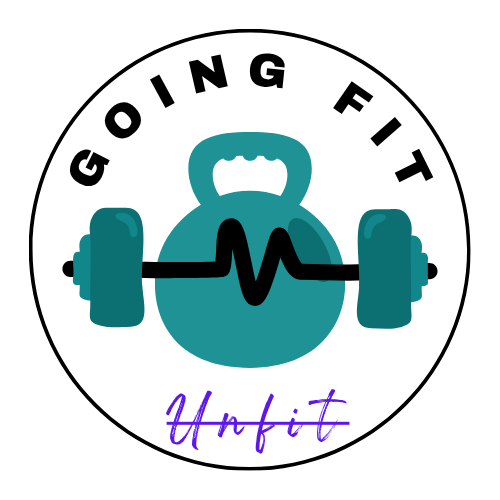
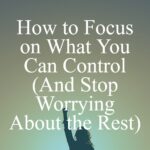
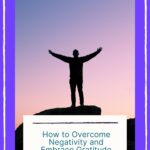
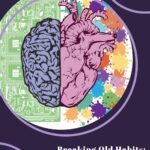
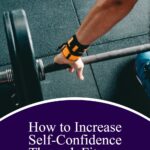


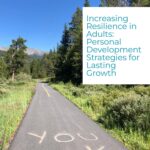




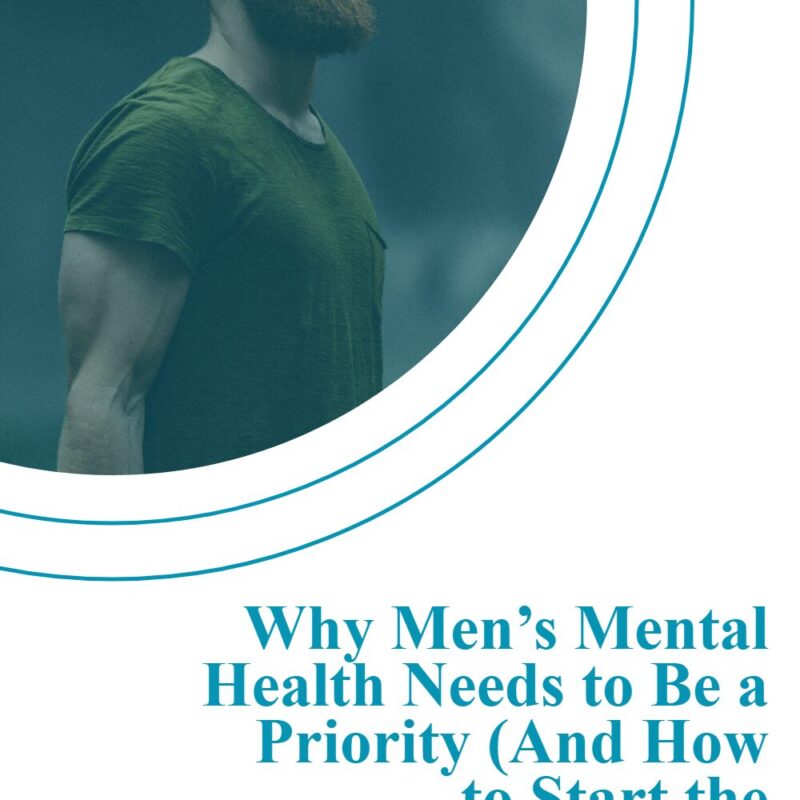
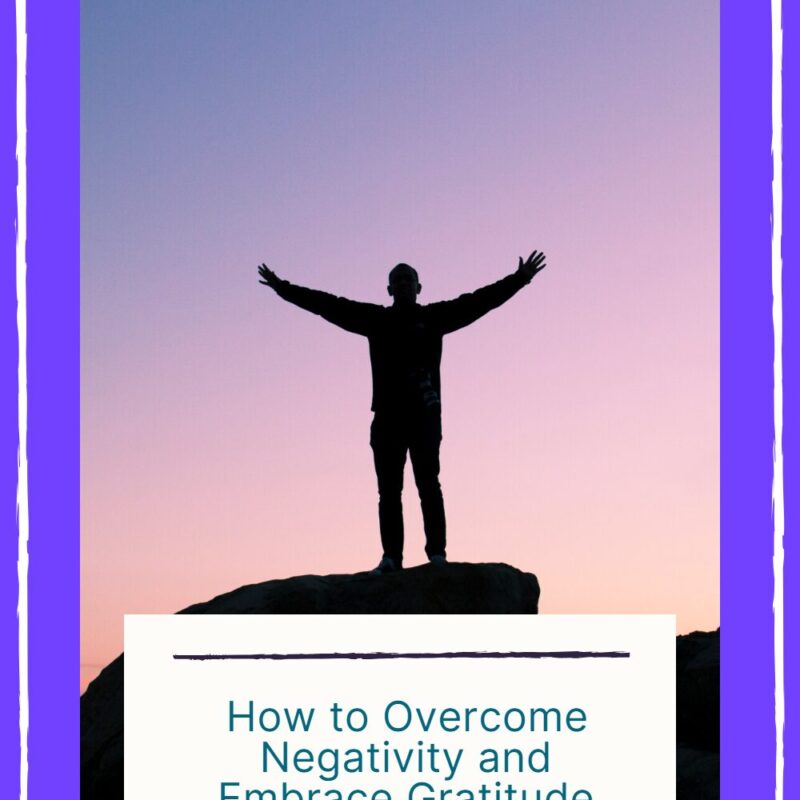

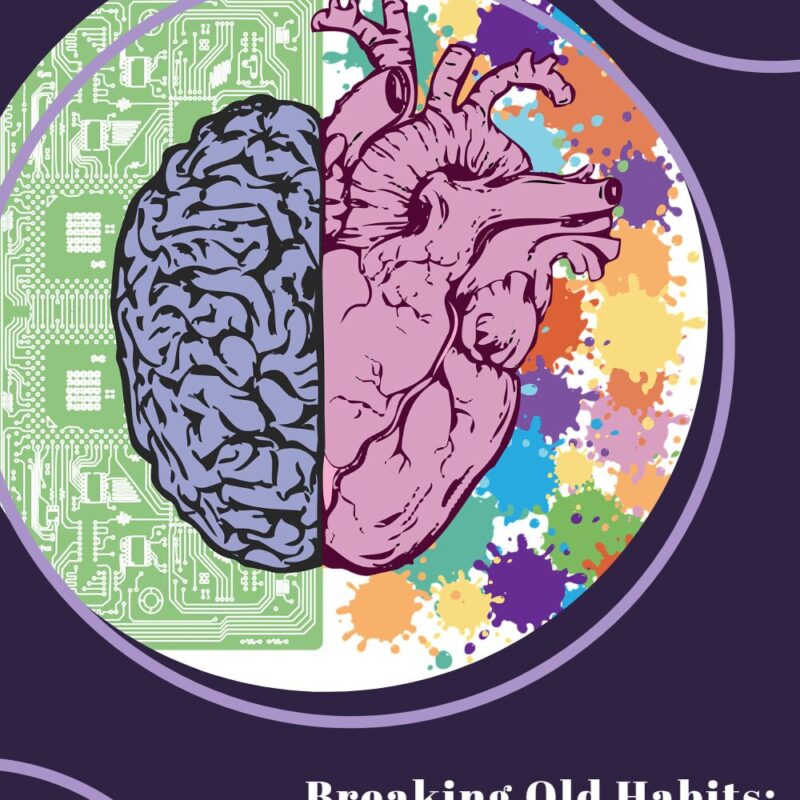

This is very good advice, thank you. It does help a lot when you really think about something before you respond. I have had problems with speaking out of anger too quickly and regretting it.
Thank you so much for your comment! I totally understand what you mean—pausing to really think before responding can be surprisingly hard, especially when emotions run high. It’s great to hear that the article resonated with you, because that moment of reflection is exactly what helps build emotional intelligence over time. Even small pauses can make a big difference in avoiding regret and responding more thoughtfully. Keep practicing—it really does get easier!